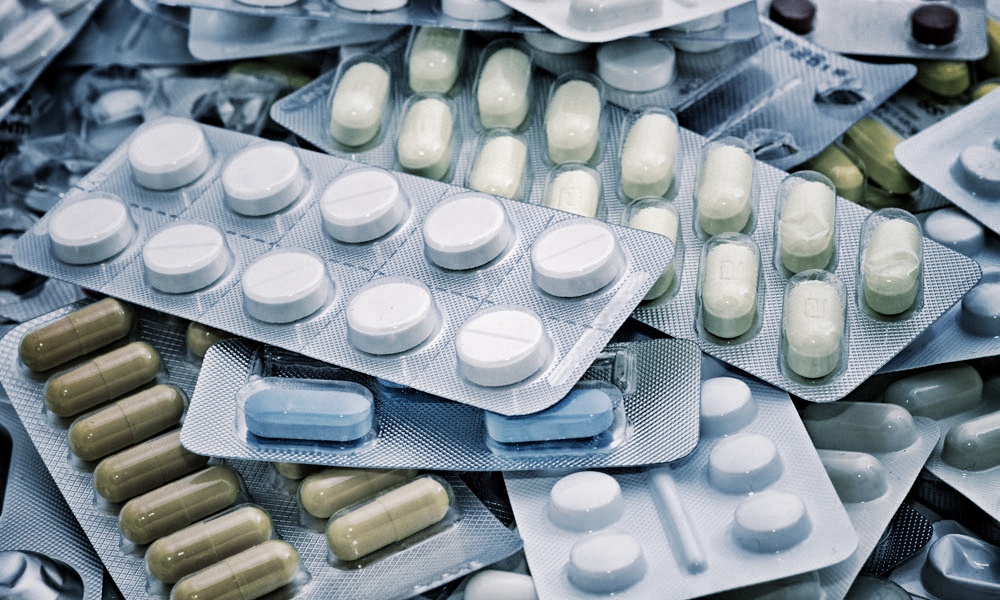
Attorneys General to Google: Block Illegal Drug Ads
Finding Google's handling of intellectual property violations lacking, the National Association of Attorneys General has invited CEO Larry Page to its summer meeting later this month to discuss the issues at hand.
When you do a search for certain kinds of medication on Google, you might find ads for counterfeit drugs among the results. The National Association of Attorneys General (NAAG) wants to solve that problem.
This behavior means that Google is putting consumers at risk and facilitating wrongdoing, all while profiting handsomely from illegal behavior.
Mississippi Attorney General Jim Hood, who co-chairs NAAG’s Intellectual Property Committee, has invited Google CEO Larry Page to discuss the issue in more detail during an upcoming association event.
More details:
Concerns raised: In a letter to Page, Hood notes that Google blocks certain types of potentially offensive–though not illegal–content (such as insults to religion in its site in India), while seemingly overlooking content that violates intellectual property laws, such as counterfeit prescription drugs. “On every check we have made, Google’s search engine gave us easy access to illegal goods including websites which offer dangerous drugs without a prescription, counterfeit goods of every description, and infringing copies of movies, music, software and games,” Hood said in a statement acquired by the Mississippi Business Journal. “This behavior means that Google is putting consumers at risk and facilitating wrongdoing, all while profiting handsomely from illegal behavior.”
Are copyright notices cutting it? Although Google says that it lowers results of sites that receive repeated Digital Millennium Copyright Act notices, Hood notes that some sites with repeated URL removal requests still show up high in Google results. The association’s findings match a similar report issued by the advocacy group Digital Citzens Alliance, which also found that Google-owned YouTube has a significant problem concerning illicit material. “Google is a great company with brilliant minds. It has demonstrated a willingness to take on huge challenges and solve major problems,” the group says. “That is why it is so disconcerting to see a leading American company allowing one of its most prized platforms, YouTube, to be exploited by those selling and promoting illegal narcotics, prescription drugs without a valid prescription, knock-off merchandise, and fake IDs including driver’s license and passports.”
Google’s response: Regarding the letter, Google said in a statement quoted in USA Today: “We take the safety of our users very seriously and we’ve explained to Attorney General Hood how we enforce policies to combat rogue online pharmacies and counterfeit drugs. In the last two years, we’ve removed more than 3 million ads for illegal pharmacies, and we routinely remove videos that are flagged for violating YouTube’s Guidelines regarding dangerous or illegal content.” While NAAG’s invitation to Page to attend its June 17-19 summer meeting to take place in Boston remains standing, the CEO had yet to respond, according to the article.
This isn’t the first time Google has faced such issues. In 2011, the company paid $500 million to settle Justice Department charges regarding counterfeit pharmacy ads, USA Today reports.
(iStockphoto/Thinkstock)






Comments